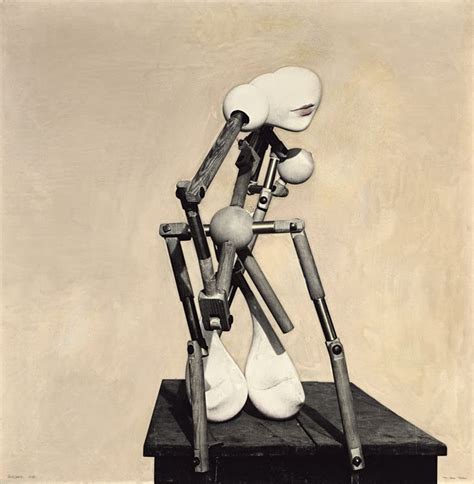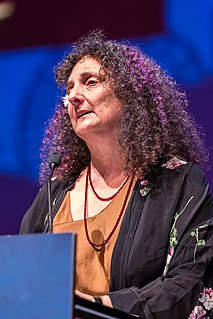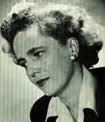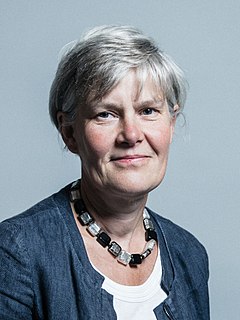A Quote by Hans Bellmer
Yes, my dolls were the beginning. Obviously there was a convulsive flavor to them because they reflected my anxiety and unhappiness. To an extent they represented an attempt to reject the horrors of adult life as it was in favor of a return to the wonder of childhood, but the eroticism was all-important, they became an erotic liberation for me.
Related Quotes
Dolls fire our collective imagination, for better and - too often - for worse. From life-size dolls the same height as the little girls who carry them, to dolls whose long hair can 'grow' longer, to Barbie and her fashionable sisters, dolls do double duty as child's play and the focus of adult art and adult fear.
The principle tragedy of my life is, like all tragedies, an irony of Destiny. I reject real life as if it were a condemnation; I reject dreams as if they were an ignoble liberation. [...]After the end of the stars uselessly whitened in the morning sky and the breeze became less cold in the barely orange tinged in the yellow of the light on the scattered low clouds, I, who hadn't slept, could finally, slowly raise my body, exhausted from nothing from the bed from which I had thought the universe.
I was powerless over my childhood but the coping strategies that I developed, to survive, all of which were creative and brilliant and got me through, as an adult those became my defects of character. Those became my shortcomings, control and all that kind of stuff... and that's my responsibility. I was a blameless child in what happened in the home; I take responsibility for my behaviors as an adult.
Children became an obsessive theme in Victorian culture at the same time that they were being exploited as never before. As the horrors of life multiplied for some children, the image of childhood was increasingly exalted. Children became the last symbols of purity in a world which was seen as increasingly ugly.
I always looked forward to being an adult, because I thought the adult world was, well—adult. That adults weren’t cliquey or nasty, that the whole notion of being cool, or in, or popular would case to be the arbiter of all things social, but I was beginning to realize that the adult world was as nonsensically brutal and socially perilous as the kingdom of childhood.
Grownups! Everyone remembers them. How strange and even sad it is that we never became what they were: beings noble, infallible, and free. We never became them. One of the things we discover as we live is that we never become anything different from what we are. We are no less ourselves at forty than we were at four, and because of this we know grownups as Grownups only once in life: during our own childhood. We never meet them in our lives again, and we will miss them always.
Libertarian action must recognize this dependence as a weak point and must attempt through reflection and action to transform it into independence. However, not even the best-intentioned leadership can bestow independence as a gift. The liberation of the oppressed is a liberation of women and men, not things. Accordingly, while no one liberates himself by his own efforts alone, neither is he liberated by others. Liberation, a human phenomenon, cannot be achieved by semihumans. Any attempt to treat people as semihumans only dehumanizes them.
The true liberation of eroticism lies in accepting the fact that there are a million facets to it, a million forms of eroticism, a million objects of it, situations, atmospheres, and variations. We have, first of all, to dispense with guilt concerning its expansion, then remain open to it's surprises, varied expressions, and mingle it with dreams, fantasies, and emotion for it to attain its highest potency.








































